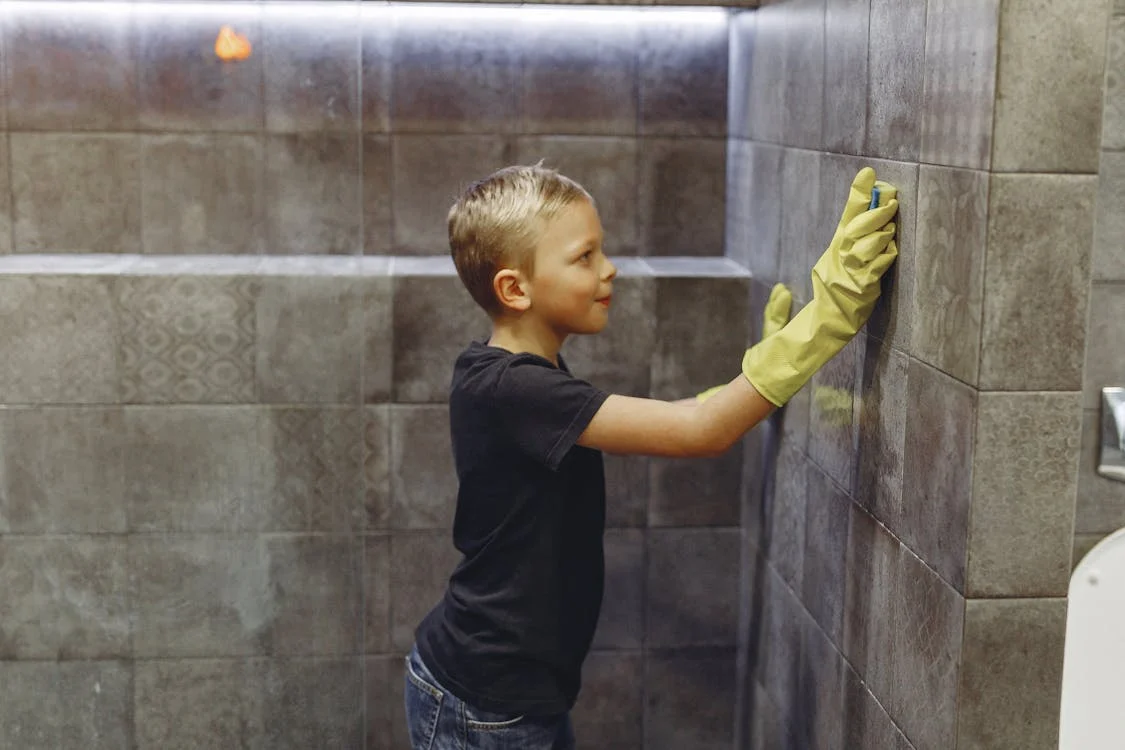Raising an independent child is one of the best gifts you can give them for a bright future. Teaching a child to be independent early on not only boosts their self-esteem but also fosters problem-solving, critical thinking, and emotional intelligence. While many parents may instinctively want to take care of every little need, helping your child gain independence can be a gradual process that supports their development and strengthens their ability to handle life’s challenges on their own.
1. Start with Small Tasks
Independence begins with small, manageable tasks. From a young age, encourage your child to do simple things by themselves, such as dressing themselves, feeding themselves, or tidying up their toys. These seemingly small tasks help your child learn self-sufficiency and the importance of responsibility. While they may not get everything perfect, the key is consistency and positive reinforcement.
2. Encourage Decision-Making
Allow your child to make decisions whenever possible. Offer them a range of choices in everyday scenarios, such as selecting their clothes or choosing a snack. This teaches them how to make decisions based on their preferences and interests, while giving them the confidence to trust their own judgment. In the long term, this will help them develop a strong sense of self.
3. Promote Problem-Solving Skills
Instead of solving all of your child’s problems for them, encourage them to think through solutions themselves. For example, if they can’t find a toy, instead of immediately helping them find it, ask, “What do you think we should do?” This helps them develop critical thinking and problem-solving skills.
4. Let Them Experience Consequences
While it’s tempting to intervene when things go wrong, it’s important for children to experience natural consequences. If they forget their homework or don’t clean up after themselves, let them face the outcomes of their actions. This will help them understand the importance of being responsible for their own actions and learn from mistakes.
5. Foster Emotional Independence
Teach your child how to handle emotions in a healthy and constructive way. Encourage them to name their emotions and express how they feel. This helps them become more emotionally self-sufficient and less reliant on others to manage their emotions. An emotionally independent child is more resilient and better equipped to handle life’s ups and downs.
6. Provide Praise and Encouragement
Positive reinforcement is essential in building your child’s confidence. Praise their efforts, not just their accomplishments. For instance, if they try to solve a problem on their own, tell them how proud you are of their effort. This boosts their self-esteem and motivates them to continue working towards greater independence.
7. Set Realistic Expectations
Understand that independence is a developmental process that happens over time. Set realistic goals and be patient as your child learns how to do things on their own. Over time, they will grow more capable and confident in their ability to handle tasks and challenges independently.
8. Create a Supportive Environment
An independent child thrives in a supportive environment where they feel safe and confident. Give them the space to explore and try new things without fear of failure. Be there to offer guidance when needed, but encourage their autonomy as they develop new skills and competencies.

